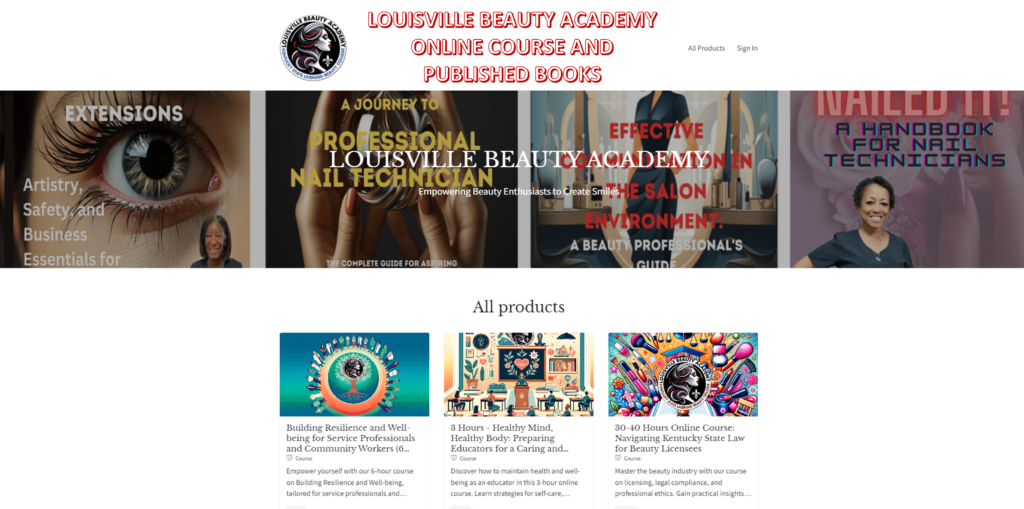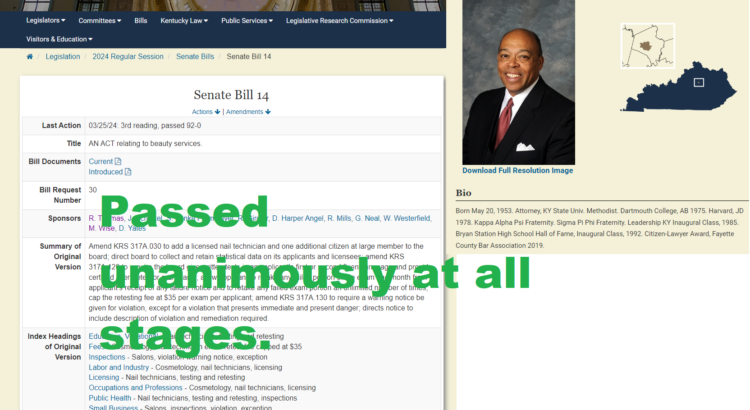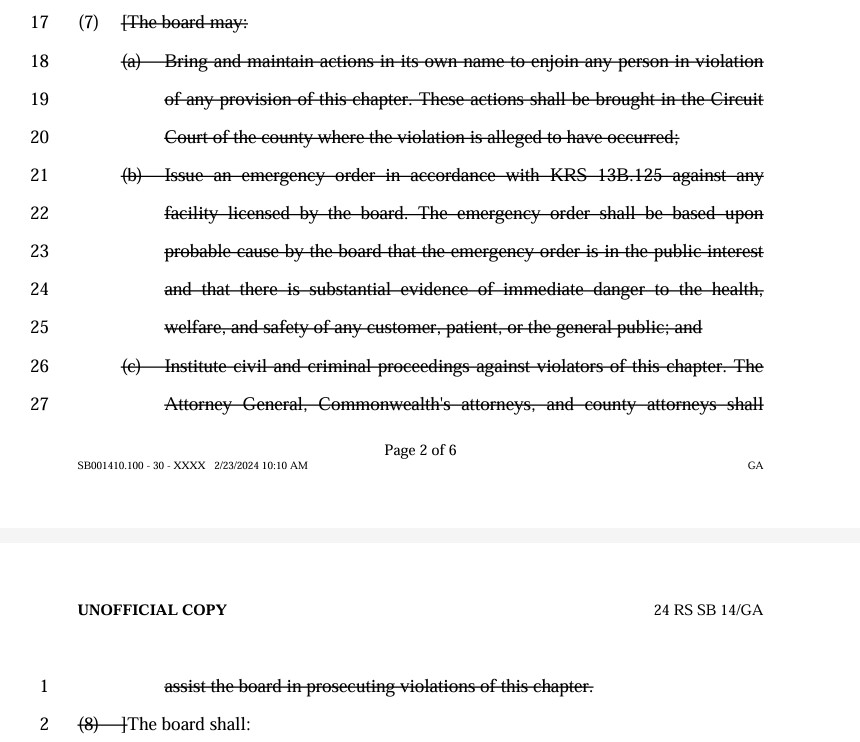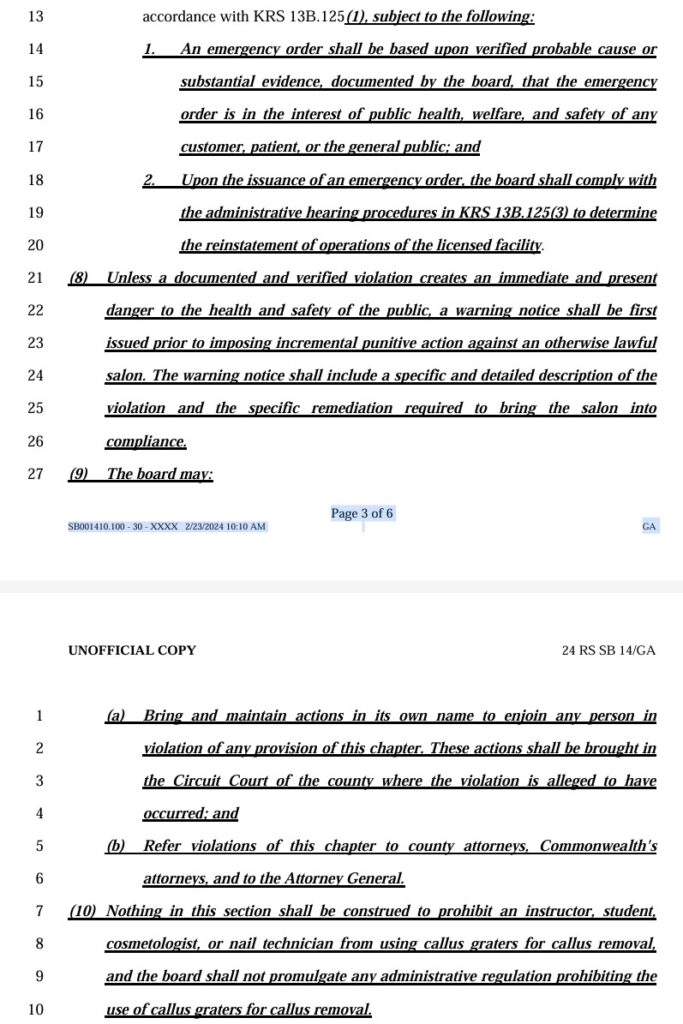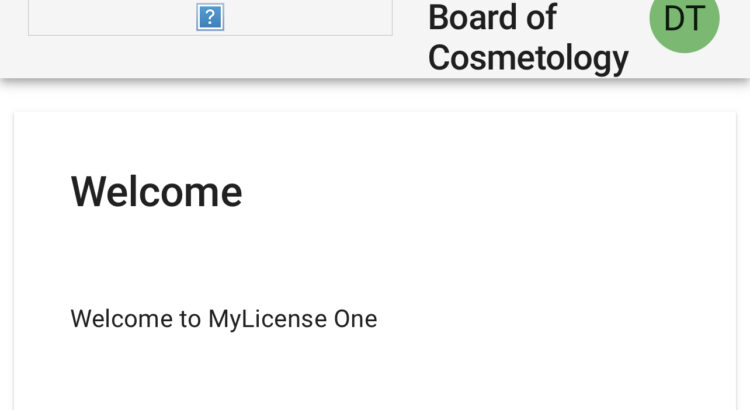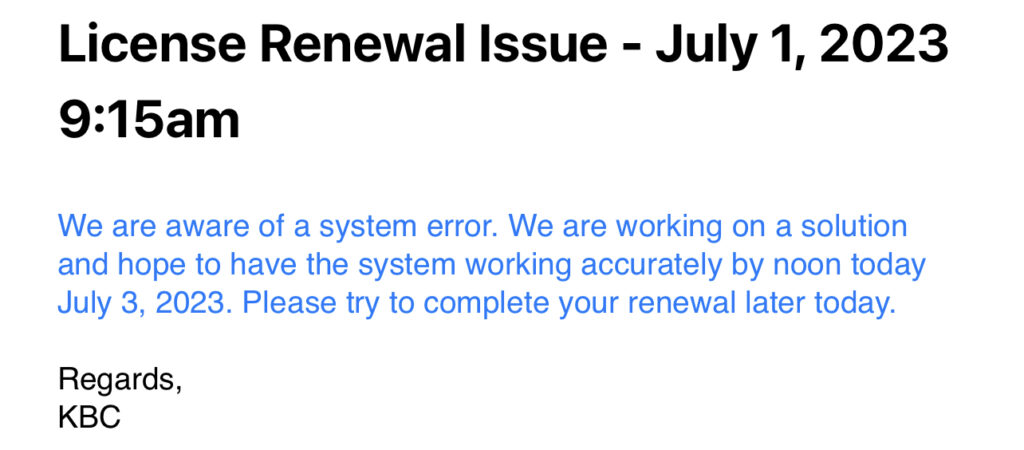Understanding the Essence of Cosmetology Education
Cosmetology school, often referred to as beauty school, is a specialized institution designed to equip students with the skills, knowledge, and certifications necessary to excel in the beauty industry. It’s a place where aspiring beauty professionals receive hands-on training in various disciplines such as hair styling, nail technology, skincare, makeup artistry, and more. But beyond the surface-level allure, cosmetology school is a crucial step in ensuring that individuals meet the legal and professional standards required to practice in the field.
The Legal Landscape of Beauty Services
In the State of Kentucky, as in most states, it is illegal to perform any beauty service without a proper license. This regulation is in place to protect the public from unqualified practitioners who could potentially harm clients due to a lack of proper training and knowledge. Licensing ensures that professionals have undergone rigorous training and adhere to sanitation and safety standards, ultimately safeguarding the well-being of clients.
Why Cosmetology School is Considered Post-Secondary Education
Cosmetology school is classified as post-secondary education because it provides specialized training beyond high school, preparing students for a specific career path. It’s important to understand that cosmetology is not just about beauty; it’s a profession that requires a deep understanding of anatomy, chemistry, and even psychology to provide safe and effective services. Therefore, cosmetology education is recognized by law as a vital step in ensuring that beauty professionals are competent and qualified to practice.
Is Cosmetology School a College?
While cosmetology schools are not traditional colleges, they are specialized institutions that offer comprehensive training in the beauty industry. They are often referred to as “Clock Hour” colleges because, unlike traditional degree programs, the curriculum is based on clock hours. This means that students must complete a specific number of hands-on training hours to meet state licensing requirements. This approach is similar to clocking in for work, emphasizing the practical, career-focused nature of the education.
Can Cosmetology School Count Towards a Degree?
In some cases, the credits earned in cosmetology school can be transferred towards a degree program, especially if the school has articulation agreements with local community colleges or universities. This provides students with the opportunity to further their education and potentially expand their career opportunities within the beauty industry or related fields.
Conclusion: The Importance of Licensed Beauty Education
In conclusion, cosmetology school is much more than just a place to learn about beauty. It’s a legally recognized post-secondary institution that provides the necessary training for individuals to become licensed professionals in the beauty industry. By adhering to the state’s legal requirements and completing the required clock hours, aspiring beauty professionals can ensure they are fully prepared to provide safe and high-quality services, paving the way for a successful and fulfilling career in the world of beauty.
LOUISVILLE BEAUTY ACADEMY ONLINE COURSE
At Louisville Beauty Academy, we are proud to offer a range of online courses designed for both personal growth and professional development. These courses provide an opportunity for individuals to enhance their skills and knowledge in the beauty industry from the comfort of their own home.
However, it’s important to note that according to Kentucky State Law as of 2024, online clock hours do not qualify for licensing by the Kentucky State Board of Cosmetology. The Board specifically requires that all clock hours for licensing purposes be completed through on-site study. We encourage students to consider this regulation when planning their educational journey in the beauty industry.
